Initial clinical trial results show that fecal transplants for cesarean-born babies are opening up new prospects.
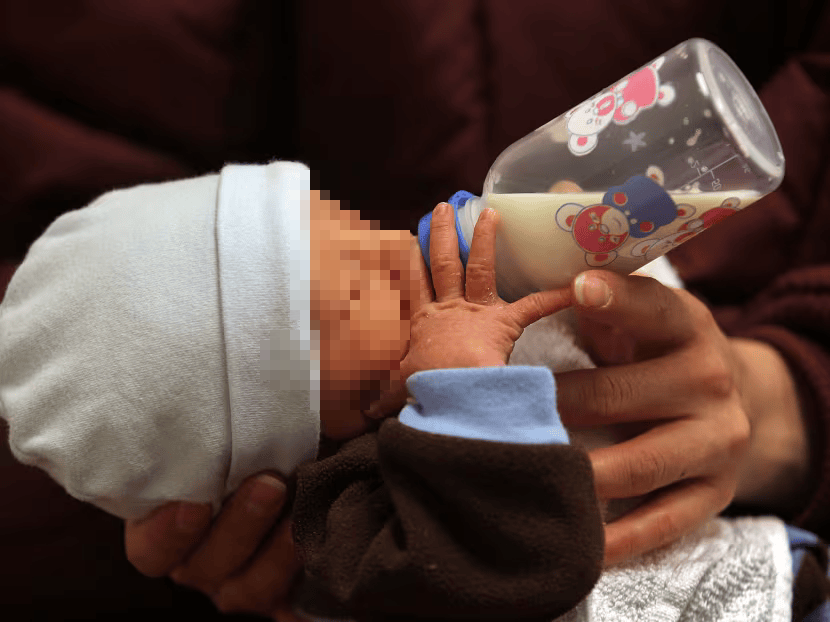
Illustration photo: AFP
Feeding babies born by caesarean section milk containing small amounts of their mother’s stool helps introduce beneficial bacteria into their gut, a practice that may help prevent a range of childhood and later illnesses, according to a clinical trial.
The study — preliminary results just announced at the IDWeek conference for infectious disease and epidemiology professionals in Los Angeles, California — is the first randomized controlled trial to test the concept of “poop-infused milk.”
According to Otto Helve, director of the Department of Public Health at the Finnish Institute of Health and Welfare in Helsinki and head of the research team, the initial findings confirm the scientists' hypothesis: that transplanting even a small amount of feces is enough to have a positive impact on the newborn's microbiome.
Genetic bacteria
Some studies have shown that children born by cesarean section have a higher risk of asthma, gastrointestinal infections, and diseases related to immune system disorders than children born vaginally.
Scientists believe this difference stems from the fact that babies born by C-section are not exposed to and are quickly colonized by bacteria from their mother’s vagina and intestines. Research has also shown that babies born by C-section are more vulnerable to hospital-acquired pathogens than babies born vaginally.
Experiments have tried to compensate for this by swabbing babies born by caesarean section with bacteria from their mothers' vaginas or by giving them these bacteria to drink, a method called "vaginal bacterial culture."
However, this technique has limited effectiveness because, according to Yan Shao, a microbiologist at the Wellcome Sanger Institute in Hinxton, UK, vaginal bacteria cannot effectively colonize the newborn's gut.
Helve and colleagues are pioneers in testing whether fecal transplants can improve the health of babies’ microbiomes. In the latest trial at Helsinki University Hospital, researchers mixed 3.5 milligrams of maternal feces into breast milk and gave it to 15 babies at their first feeding. The other 16 babies received a placebo.
Analysis of the babies' stool samples showed that the two groups had similar levels of bacterial diversity at birth, but from day two there was a clear difference between the two groups, and this difference persisted until 6 months of age, around the time the babies started eating solid foods.
The trial is still following the babies through their first two years of life, but the early data are consistent with results from a small pilot study without a control group published by the same team in 2020. The study of seven babies found that the microbiomes of babies who received fecal transplants developed similarly to those born vaginally.
"It is not surprising that fecal microbiota transplantation from the mother made a difference to the microbiota of caesarean-born babies" in the latest trial, Shao commented.
He noted that while this is an important clinical study, it did not directly compare the microbiomes of treated cesarean-born babies with those of vaginally delivered babies — which is needed to prove that the technique actually restores the microbiomes affected by cesarean birth.
Warning: Don't do this at home.
Researchers stress that no one should try this method at home. Participants in the trial were carefully screened.
“You have to make sure that the stools given to the newborns do not contain pathogens that could cause disease,” Helve said. Of the original 90 women, 54 were excluded because they had pathogens or did not meet screening criteria. “It sounds simple, but it needs to be tightly controlled,” he added.
Helve cautions that the approach may not work for all babies born by caesarean section. In a large enough group of babies, some conditions, such as asthma, may be more common in babies born by caesarean section. “But at the individual level, the differences are very small.” So his team is studying which groups at high risk of certain conditions might benefit most.
Meanwhile, Shao said the important next step is to identify exactly which maternal gut bacteria are most likely to be transferred and colonize the baby’s gut. “If these species exist in the human population, would it be more effective and safer to give newborns a lab-grown transplant that is guaranteed to be pathogen-free?”
Source: https://tuoitre.vn/thu-nghiem-sua-pha-phan-tang-cuong-he-vi-sinh-cho-tre-sinh-mo-20241026101946903.htm



![[Photo] Prime Minister Pham Minh Chinh meets with King Philippe of Belgium](https://vstatic.vietnam.vn/vietnam/resource/IMAGE/2025/4/1/be2f9ad3b17843b9b8f8dee6f2d227e7)
![[Photo] President Luong Cuong and King Philippe of Belgium visit Thang Long Imperial Citadel](https://vstatic.vietnam.vn/vietnam/resource/IMAGE/2025/4/1/cb080a6652f84a1291edc3d2ee50f631)
![[Photo] General Secretary To Lam receives King Philippe of Belgium](https://vstatic.vietnam.vn/vietnam/resource/IMAGE/2025/4/1/e5963137a0c9428dabb93bdb34b86d7c)
![[Photo] Close-up of Vietnam's sniffer dog team searching for earthquake victims in Myanmar](https://vstatic.vietnam.vn/vietnam/resource/IMAGE/2025/4/1/d4949a0510ba40af93a15359b5450df2)

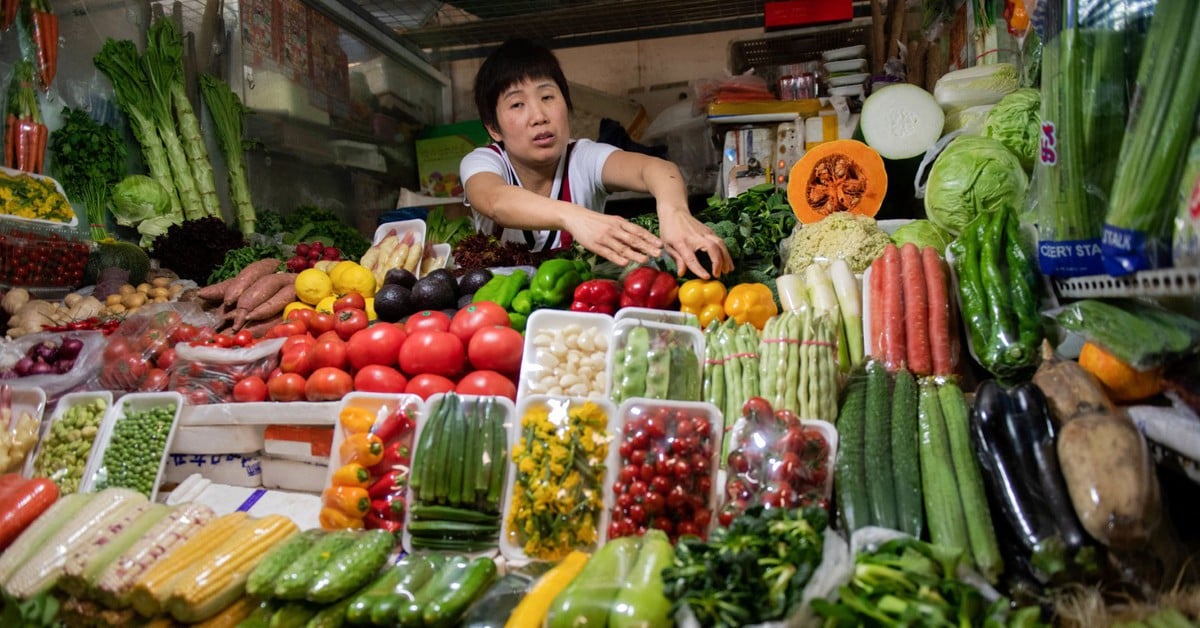

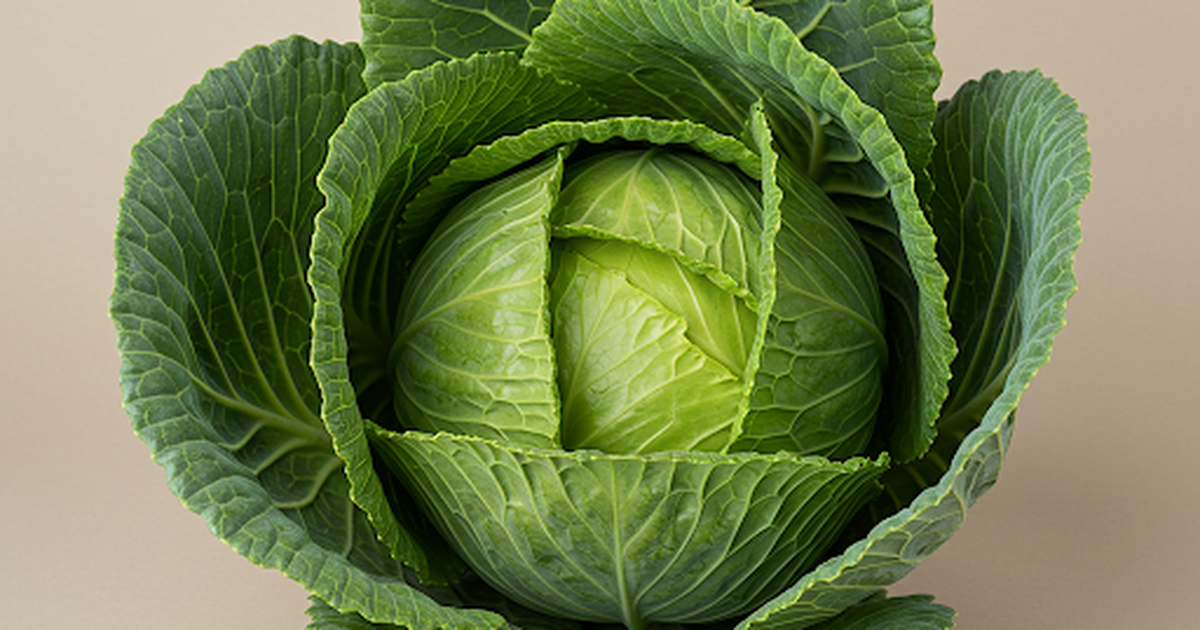

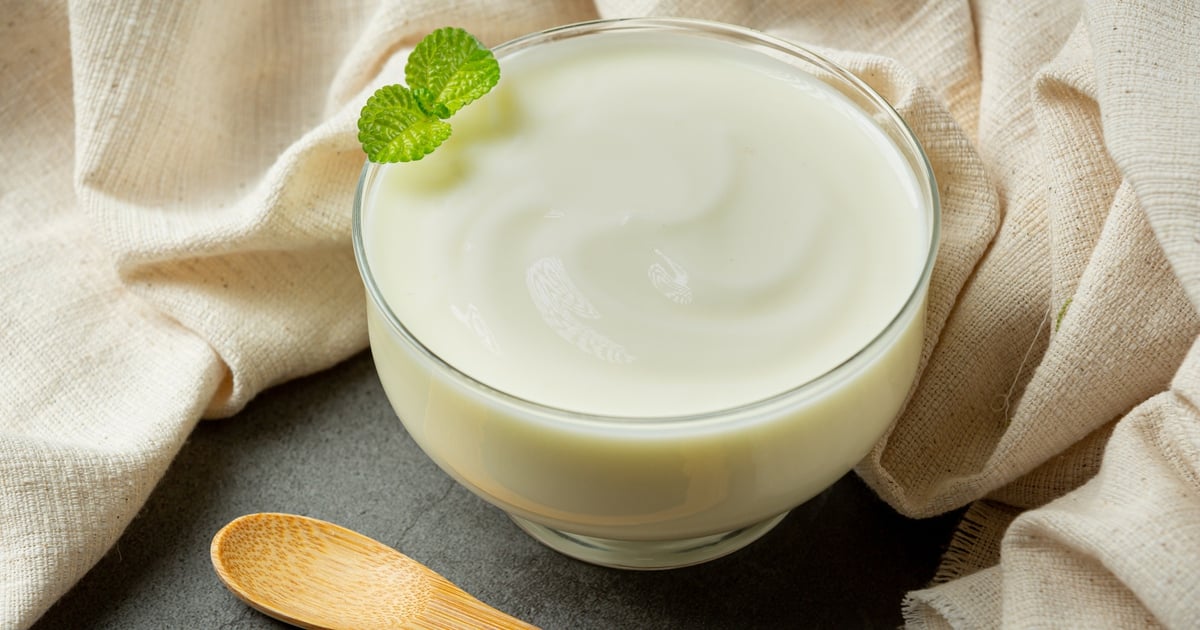
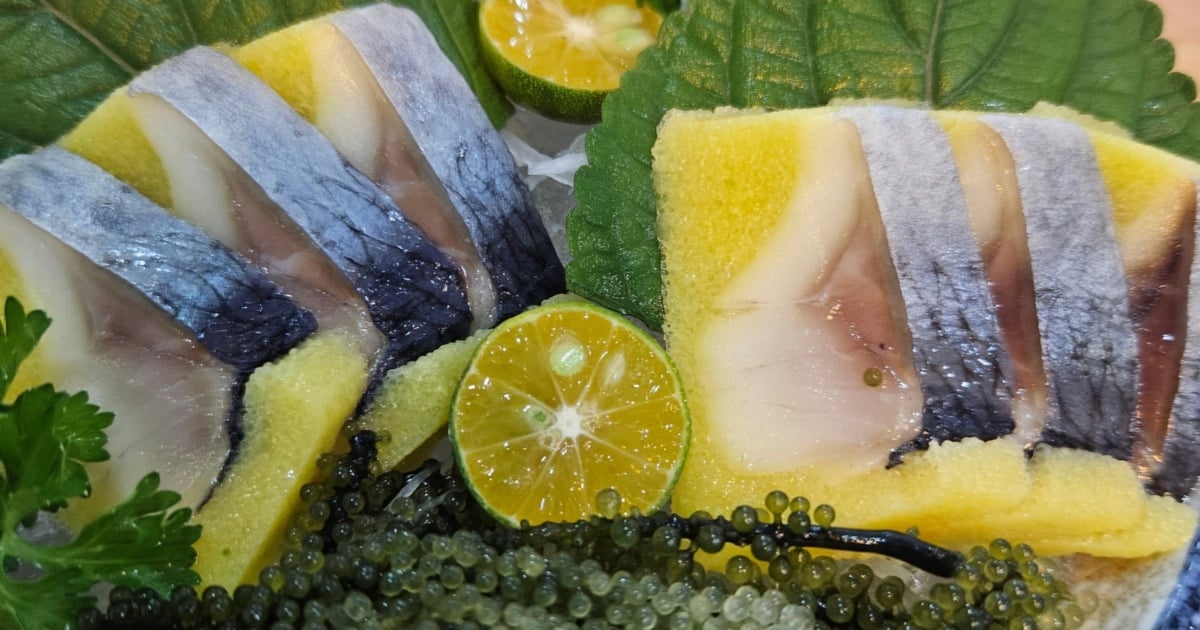


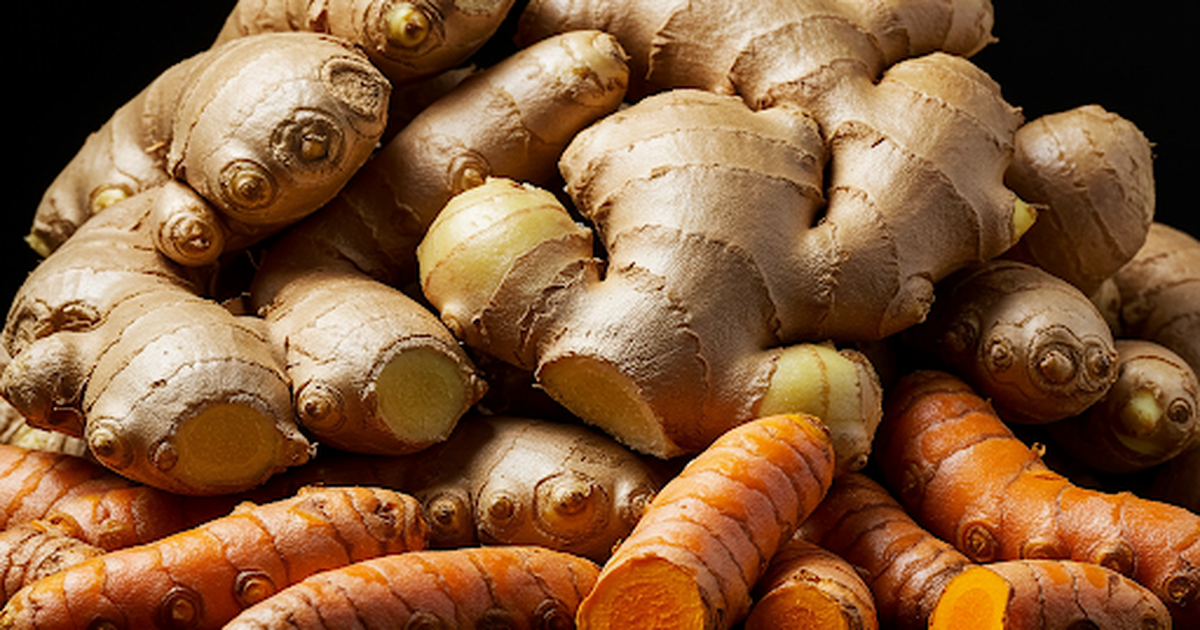
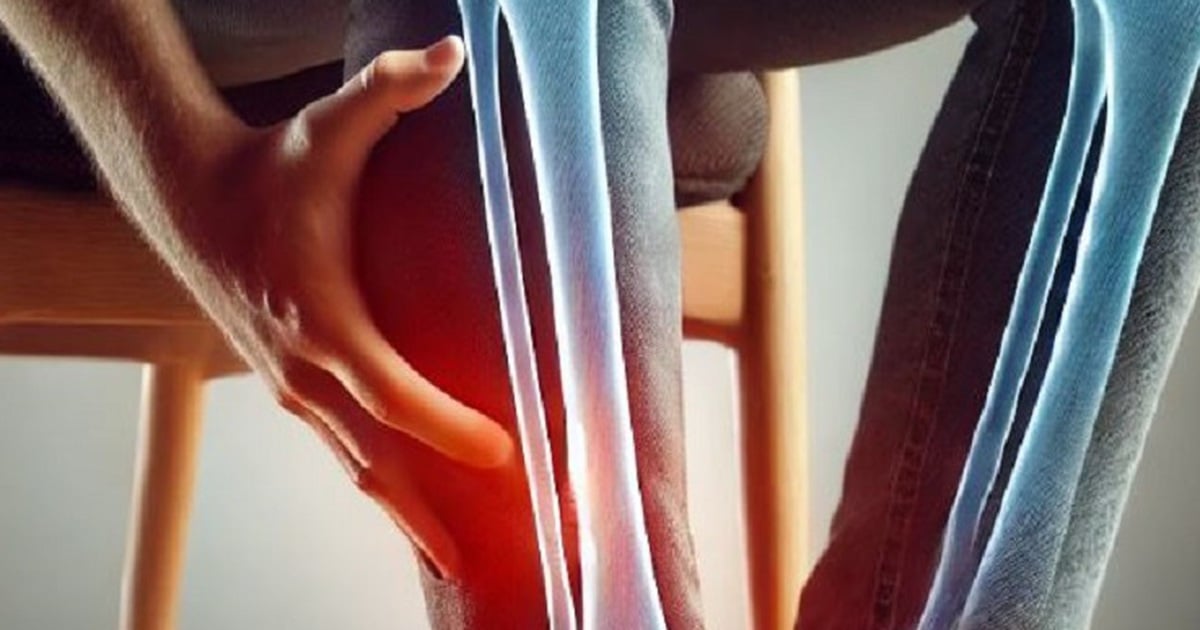


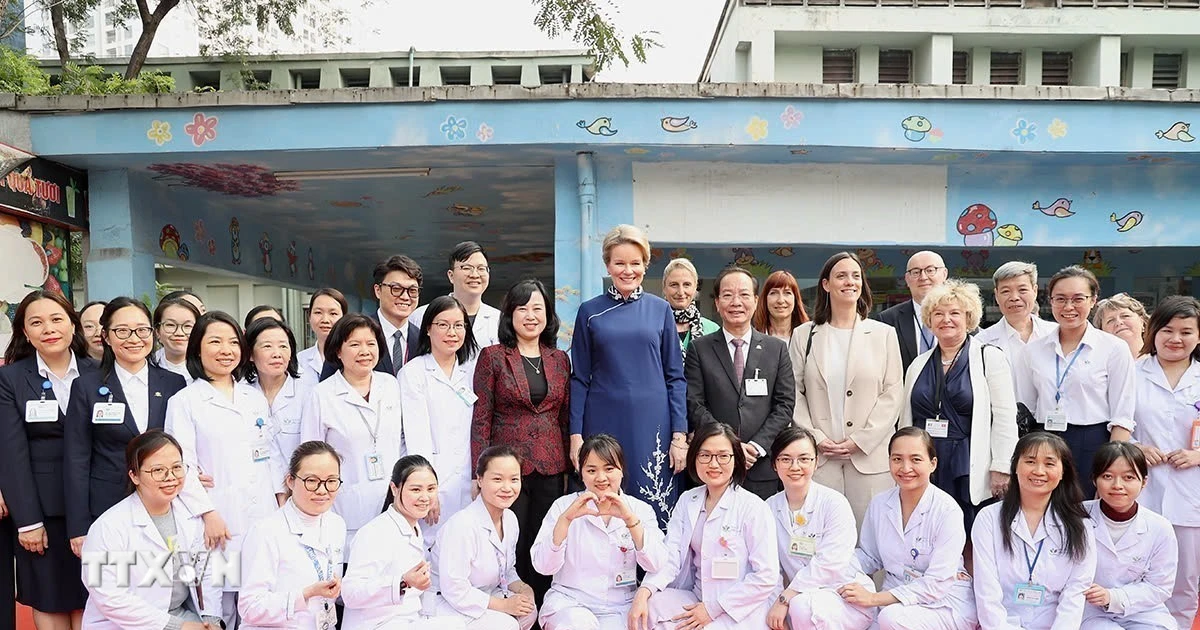










![[Photo] Myanmar's capital in disarray after the great earthquake](https://vstatic.vietnam.vn/vietnam/resource/IMAGE/2025/4/1/7719e43b61ba40f3ac17f5c3c1f03720)































































Comment (0)